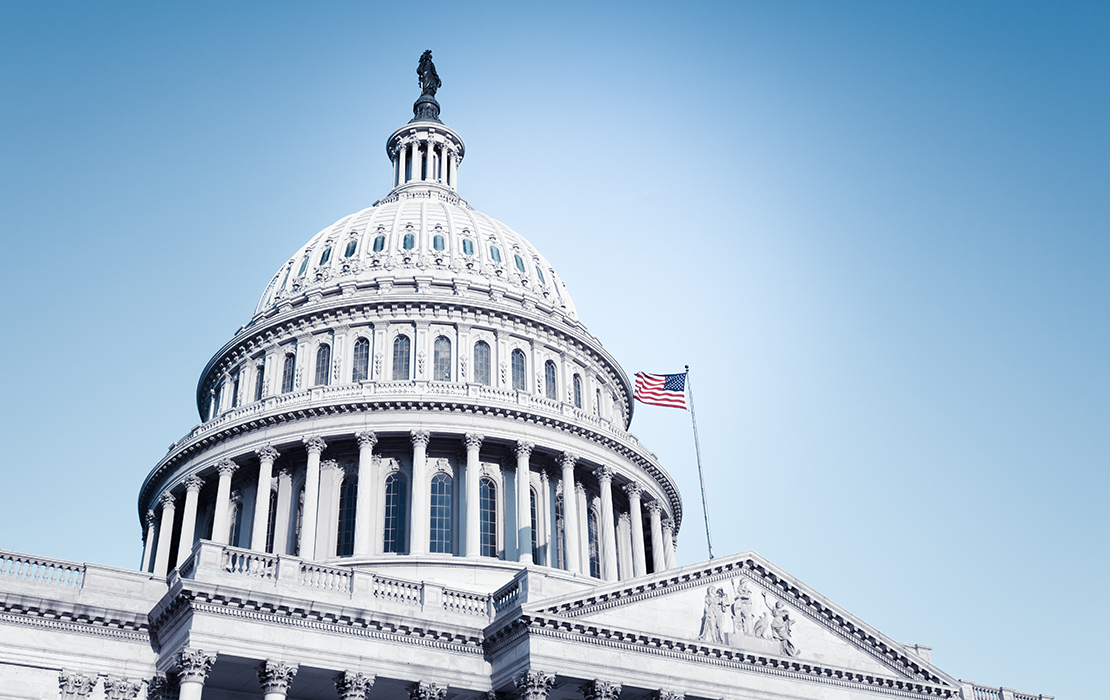ADA urging members to contact Congress to support Dental and Optometric Care Access Act
Legislation would prohibit dental, vision plans from setting fees network doctors may charge for services not covered by insurers

The ADA is asking the dental community to urge their congressional representatives to support bipartisan legislation that will address provisions in dental plans that dictate how much dentists may charge a plan enrollee — even though the services provided to the enrollee are not covered by the plan.
“The ADA supports the Dental and Optometric Care Access Act, legislation that would prohibit dental and vision plans from setting the fees network doctors may charge for services not covered by the insurers,” wrote ADA President George R. Shepley, D.D.S., in a June 26 action alert emailed to member dentists. “As you know, noncovered services provisions in dental and vision plans disadvantage enrollees, doctors and the public at large because they interfere with the patient-doctor relationship, skew the pricing charged to nonsubscribers and encourage the consolidation of the dental and vision insurance industries, resulting in higher premiums overall.”
Dr. Shepley said what he called “take it or leave it” behavior of these plans is an unacceptable leveraging of their greater market share to push doctors into accepting provisions such as noncovered services.
“These practices place the smaller dental and vision carriers at a competitive disadvantage and shift costs, rather than reducing them,” Dr. Shepley wrote.
The Dental and Optometric Care Access Act would:
- Establish some rules of the road for provider network participation.
- Prevent plans from establishing nominal payments for otherwise noncovered services in an effort to have such services considered covered inappropriately.
- Limit network agreements to two years for each contract extension unless the doctor agrees to accept a longer contract extension.
- Preserve doctors’ freedom of choice in laboratories.
“Dental insurance issues are often rated among the most important concerns confronting dentists,” Dr. Shepley said. “We are working at both the state and federal level to address these insurance concerns.”
To take action, visit ADA.org/advocacy/legislative-action-center/urge-your-members-of-congress-to-support-the-doc-access-act.
Follow all of the ADA’s advocacy efforts at ADA.org/advocacy.



